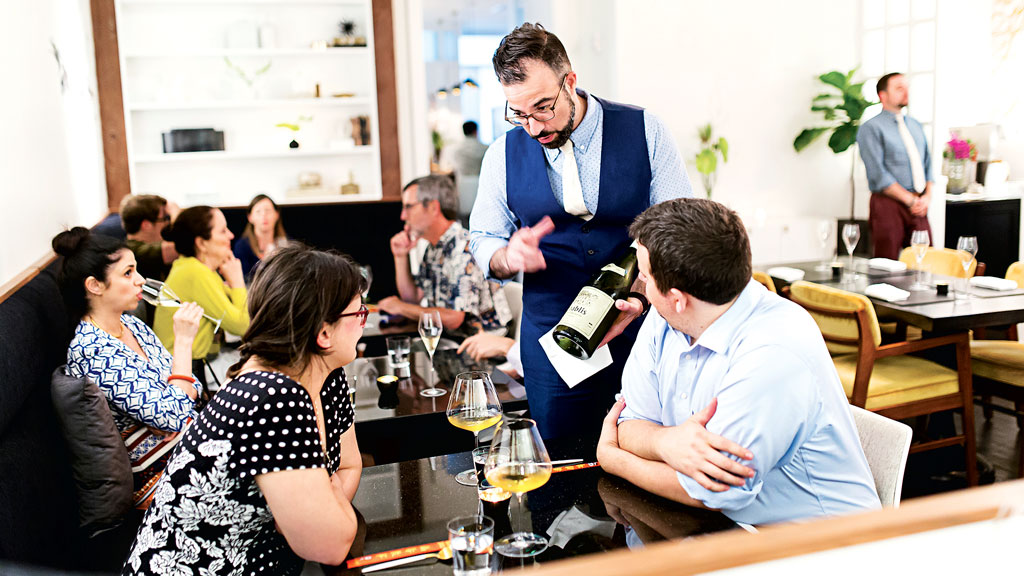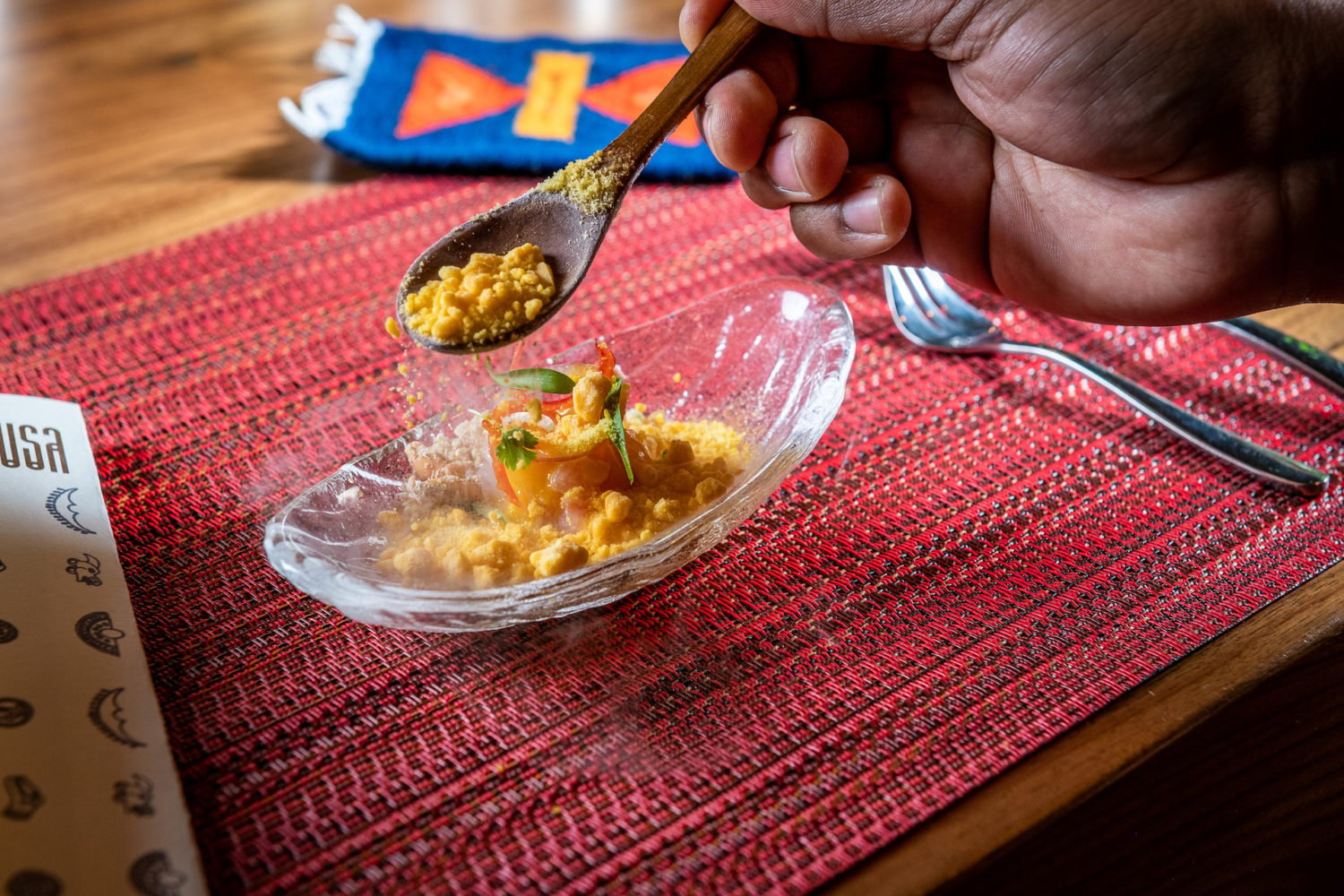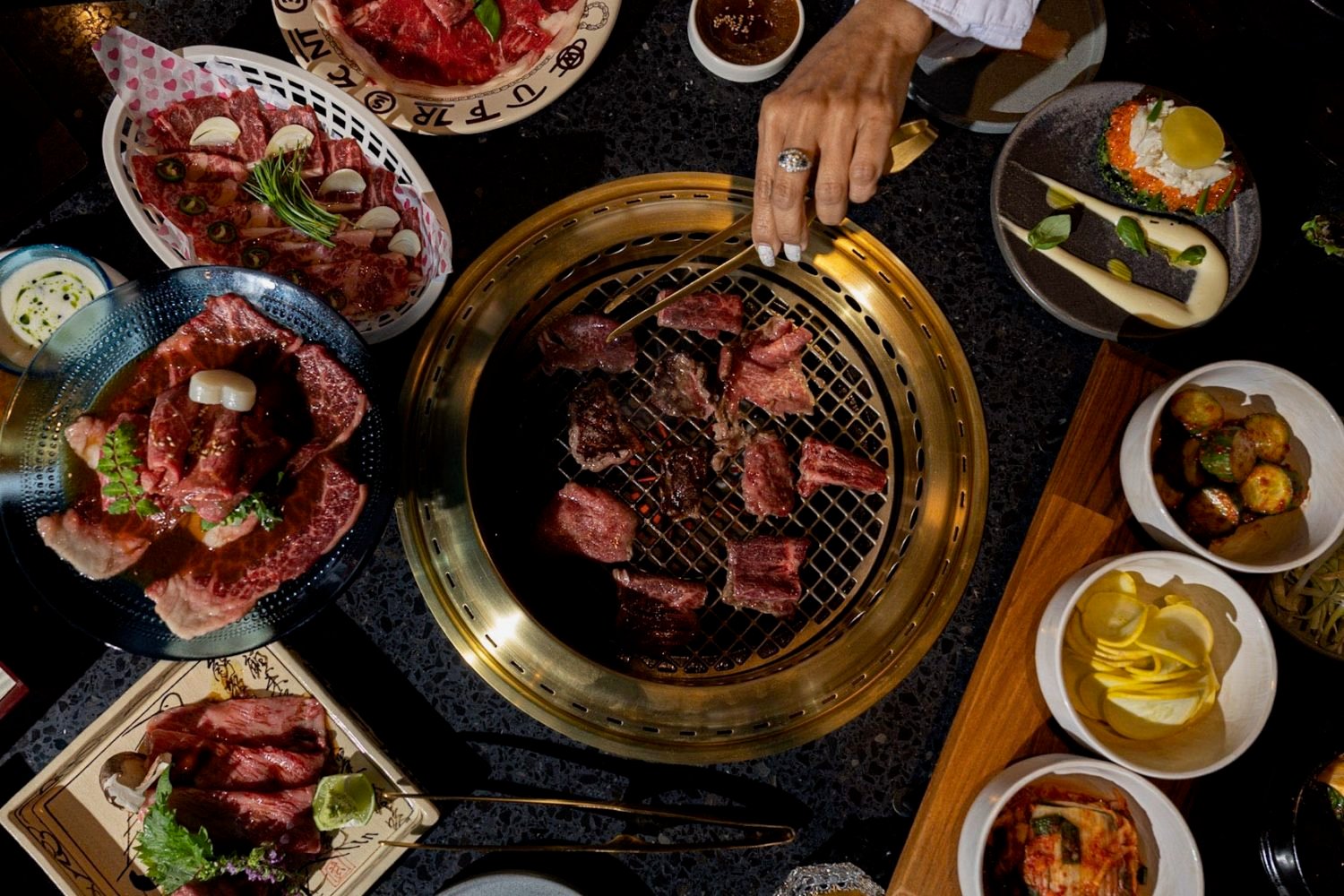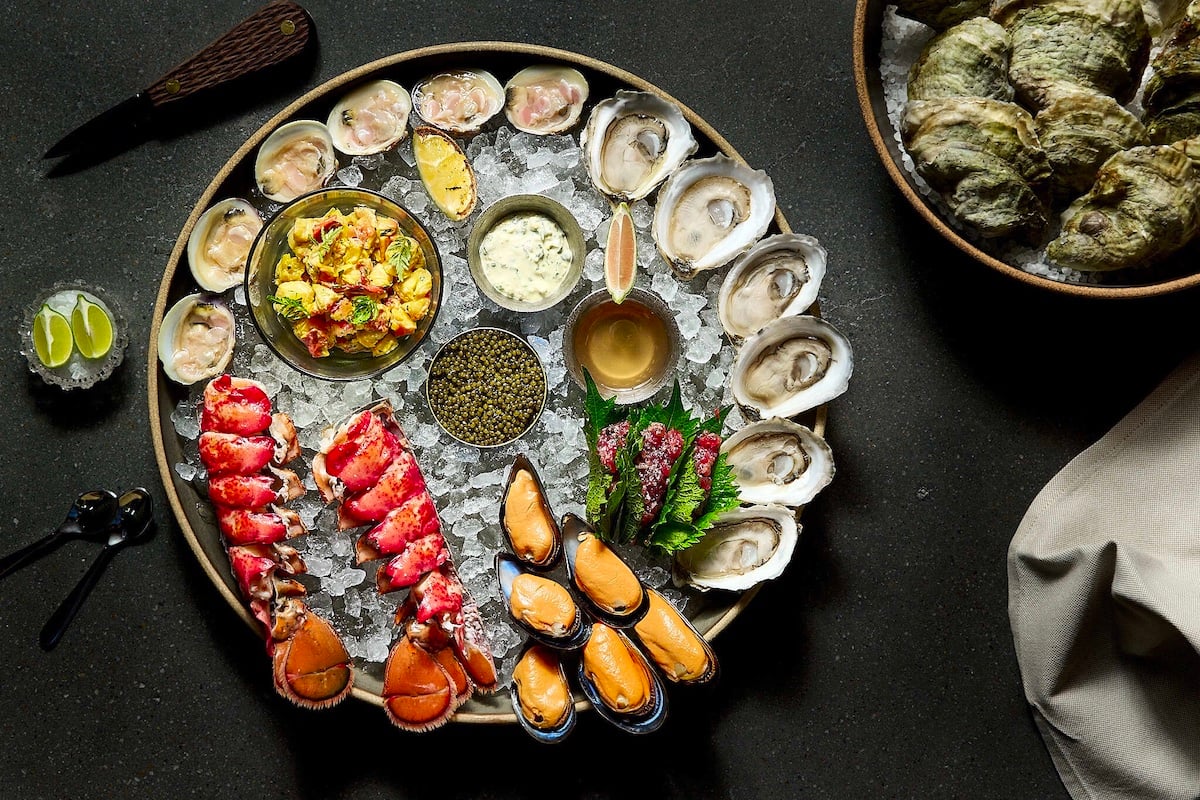When the prestigious Michelin guide announced it would release its first DC edition in October, local boosters were ecstatic. Finally, they cheered, culinary Washington was getting the recognition it deserved.
One group has been less effusive: the elite community of Michelin obsessives who travel the world to eat at restaurants that have been awarded the guide’s coveted stars.
“It’s absurd,” says Bonjwing Lee, a lawyer turned freelance writer and photographer in Kansas City who has eaten at 205 Michelin-starred restaurants in 20 countries. “I cannot think of one single restaurant that would rate a three [the highest rating]. And I’d be very hard-pressed to come up with one that would rate a two.”
Sure, Michelin highlights more value-minded eateries in the Bib Gourmand section of its guide. But for those who travel specifically to eat, it’s all about the fine-dining establishments with the most stars. If a city doesn’t have three-star restaurants, or at least two-star places capable of graduating up, what’s the point? Lee speculates that Michelin’s Los Angeles guide didn’t survive because no restaurant ever earned three stars.
“Why? Why on earth are they doing that?” says Steve Plotnicki, a former music executive in New York who ranks restaurants for his own site, Opinionated About Dining, and has eaten at 40 Michelin-starred restaurants in eight countries over the past year alone. He says the guide doesn’t make him any more likely to revisit DC.
Then again, Plotnicki’s skepticism extends beyond Washington: He suggests most American restaurants benefit from “star inflation” and that the bar in the United States is “significantly lower” than that of, say, France. (Michelin Guide international director Michael Ellis laughs that people in every country complain there are too many or not enough stars.)
But whether DC “deserves” a guide may be the wrong question. Although the quality of the dining scene is the dominant factor in where Michelin goes, Ellis acknowledges that other business factors for the tire-making parent company also come into play. And it doesn’t hurt to be in the hub of regulation and politics.
“If we say, ‘All things being equal, is there one city that might be more attractive to our main activity than others?,’ then that’s certainly taken into account,” Ellis says. “We’re a business.”
This article appears in our October 2016 issue of Washingtonian.















